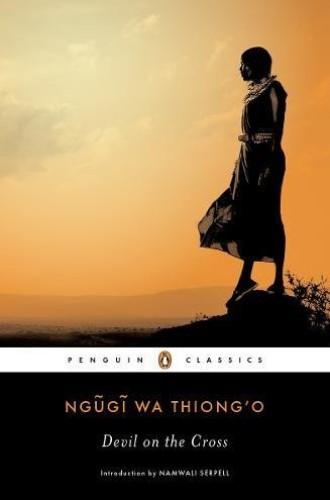A novel about the evils of capitalism
There’s nothing subtle about Ngũgĩ wa Thiong’o’s Marxist critique of life in postcolonial Kenya.
Two Penguin Classics currently sit on my “favorites” shelf: Alastair Hannay’s translation of Kierkegaard’s Fear and Trembling and R. S. Pine-Coffin’s translation of Augustine’s Confessions. I now have a third Penguin Classics volume to add to the shelf (and that’s not a decision I make lightly!). It’s Ngũgĩ wa Thiong’o’s novel Devil on the Cross, newly reissued as a part of the Penguin African Writers Series.
The novel is as beautifully complex and delightfully genre-bending as Confessions and Fear and Trembling. But it isn’t driven by the same questions of religious faith that haunted Augustine and Kierkegaard. Rather, it grapples with human selfishness in relationship to the economic and social systems that shape postcolonial Kenya. Although solidly situated within its own context, the book raises ethical questions that many Americans are now asking as we watch our political leaders make policy decisions aimed at increasing their own power and profit.
The Marxism that drives the novel—which Ngũgĩ first wrote on scraps of toilet paper while imprisoned for his political views in 1978—is far from subtle. It’s downright blatant. The book reads like a morality tale (or, to be fair to the narrative’s complex structure, morality tales within morality tales within a morality tale). As one of the characters explains while recounting a fable that an old man told him:





